Best movies like Memelland
A unique, carefully handpicked, selection of the best movies like Memelland . If you liked Memelland then you may also like: Nanook of the North, Black and White in Color, The Numbers Start with the River, Dark Beast, River and many more popular movies featured on this list. You can further filter the list even more or get a random selection from the list of similar movies, to make your selection even easier.
Documentary about the region next to the river Memel.
You may filter the list of movies on this page for a more refined, personalized selection of movies.
Still not sure what to watch click the recommend buttun below to get a movie recommendation selected from all the movies on this list
Black and White in Color
French colonists in Africa, several months behind in the news, find themselves at war with their German neighbors. Deciding that they must do their proper duty and fight the Germans, they promptly conscript the local native population. Issuing them boots and rifles, the French attempt to make "proper" soldiers out of the Africans. A young, idealistic French geographer seems to be the only rational person in the town, and he takes over control of the "war" after several bungles on the part of the others.
The Numbers Start with the River
The Numbers Start with the River is a 1971 American short documentary film about small-town life in Iowa. Produced by Donald Wrye for the United States Information Agency, it was nominated for an Academy Award for Best Documentary Short.
Dark Beast
Oscuro animal tells the story of three women forced to flee their homes in a war torn region in Colombia. Each of their journeys, marked by terror, takes them on a trek from the deep jungle to the outskirts of Bogotá, where they will gather new strength to start a new life.
Joan Rivers: A Piece of Work
A documentary on the life and career of Joan Rivers, made as the comedienne turns 75 years old.
Cane River
Set in Louisiana, the film is a romantic drama that examines the social and financial inequality faced by Black people in the region.
Gasland
It is happening all across America-rural landowners wake up one day to find a lucrative offer from an energy company wanting to lease their property. Reason? The company hopes to tap into a reservoir dubbed the "Saudi Arabia of natural gas." Halliburton developed a way to get the gas out of the ground-a hydraulic drilling process called "fracking"-and suddenly America finds itself on the precipice of becoming an energy superpower.
Grand Canyon Adventure: River at Risk
A documentary about a 15-day river-rafting trip on the Colorado River aimed at highlighting water conservation issues.
Iracema
A girl from the countryside goes to the city of Belém to take part in the Círio de Nazaré celebrations. Led to prostitution, she wishes to move to the wealthiest Southeast region of Brazil. In a dance club, she meets a truck driver that transports wood. Dreaming with the big city, she asks for a ride, and the two begin a journey through the Trans-Amazon road. In tension with the Brazilian military authorities of the time, the film registers several aspects of the Amazon social tragedy – forest fires, slave work and child prostitution. Awarded in several international festivals, the film was forbidden by the Brazilian censorship. It was only released years later, winning the Brasília Film Festival in 1981.
Mondovino
Mondovino (in Italian: World of Wine) is a 2004 documentary film on the impact of globalization on the world's different wine regions written and directed by American film maker Jonathan Nossiter. It was nominated for the Palme d'Or at the 2004 Cannes Film Festival and a César Award. The film explores the impact of globalization on the various wine-producing regions, and the influence of critics like Robert Parker and consultants like Michel Rolland in defining an international style. It pits the ambitions of large, multinational wine producers, in particular Robert Mondavi, against the small, single estate wineries who have traditionally boasted wines with individual character driven by their terroir.
Sweetgrass
An unsentimental elegy to the American West, Sweetgrass follows the last modern-day cowboys to lead their flocks of sheep up into Montana's breathtaking and often dangerous Absaroka-Beartooth mountains for summer pasture. This astonishingly beautiful reveals a world in which nature and culture, animals and humans, vulnerability and violence are all intimately meshed.
Take Me to the River
Take Me to the River is a film about the soul of American music. The film follows the recording of a new album featuring legends from Stax records and Memphis mentoring and passing on their musical magic to stars and artists of today.
Savage Justice
The daughter of an American diplomat is caught up in a revolution in a foreign country.
On The Edge
A compendium of three short science-fiction films, each with a decidedly feminist slant.
Wodaabe: Herdsmen of the Sun
Herzog's documentary of the Wodaabe people of the Sahara/Sahel region. Particular attention is given to the tribe's spectacular courtship rituals and 'beauty pageants', where eligible young men strive to outshine each other and attract mates by means of lavish makeup, posturing and facial movements.
Eye of the Leopard
Eye of the Leopard follows the remarkable life of one small leopard from when she is just 8 days old every step of the way until she is 3 years old and on the brink of adulthood. Legadema, as she is named, works her way into your heart as she slips in and out of danger virtually every day, running from baboons and hyenas but also making landmark strides in hunting and surviving. Narrated by Jeremy Irons it is the story of a mother and daughter relationship as well as that of an emerging huntress in Botswana’s magnificent Mombo region of the Okavango Delta.
The Great Indian Railway
A puffing steam train climbs into the Himalaya, a rolling rumble echoes over the holy waters of the Ganges, an astonishing five million commuters rush daily through the Bombay Victoria Terminus - join National Geographic as we journey on one of the world's largest railways. Since 1853, India's railway has been a unifying force. Not only did it physically link distant regions, it also connected the myriad of castes, languages, and religions that comprise India. It's a rich history, riding the sumptuous Palace on Wheels through Rajasthan or the "toy train" to Darjiing, but sadly, the age of steam is dying. At the Black Beauty contest, the beloved steam engines are admired for the last time. From the driver in the steaming locomotive to the station master in the sleepy village, from the family traveling to a wedding to the commuters in the large cities, this great institution reflects the country itself. Many are the faces, and varied are the stories, on THE GREAT INDIAN RAILWAY.
The Arctic: 66.5 Degrees North
The beauty of the Arctic is breathtaking. For as long as we can remember, the Arctic has been associated with inhospitable cold. But the climate is changing, and with it the northern polar region, which begins beyond latitude 66.5 degrees north. Climate change is now happening four times faster north of the Arctic Circle than on the rest of the planet, making the future outlook dire. At the moment it is still possible for polar bears to raise their cubs, but hunting is becoming increasingly difficult on the drastically shrinking pack ice. The disappearance of the ice also affects the marine fauna. The wintry ice bridge between Canada and Greenland is threatened with collapse. The unstoppable melting of the permafrost, which has held the tundra together for thousands of years, is worrying. But the Arctic is still one of the wildest and loveliest regions on earth. A documentary visit to the Arctic - as long as it still exists.
Antarctica: The Frozen Time
The bleakness of Antarctica is a fallacy. The ice continent is full of life and offers a biodiversity of which only about two percent are known. Much of it is under water and could determine the future of human beings. When the northern lights cover the ice landscape in summer, the animals in the Antarctic are in a paradisiacal state. Whales blow their fountains in the sky, penguins fly like small rockets into the water, seals dive for crabs under the glittering ice floes. From the bay of the Ross Sea to the ice shelf, from the huge penguin colonies to steaming volcanoes, a life in rhythm with the ice. But the consequences of climate change are slowly becoming apparent here too. While some species are dying, others are spreading. They could bring new viruses and bacteria with them, and new dangers for humans too. The structure of nature has gotten off course. How many generations will still be able to experience the magic of Antarctica?
Reunification in the Ice: The Story of the Last GDR Antarctic Explorers
In 1989, thirteen GDR scientists and technicians set off from East Berlin to the Georg Forster research station in the Antarctic. During their expedition the Berlin Wall fell on November 9th. Cut off from the images that go around the world, the men can only experience the historical events passively. When they returned in the spring of 1991, their homeland was a foreign country. The documentary reconstructs the thoughts and feelings of the East German researchers on the basis of eyewitness accounts, diary excerpts, letters, film material, grandiose landscape shots from the location of the action and unique photos to make the consequences of the events tens of thousands of kilometers away on the small GDR expedition in the middle of the eternal ice tangible.
Are We Alone?
Is there life beyond Earth? Could the bizarre, hellish worlds of our solar system actually harbor alien biology? From poisonous hot springs to desolate mountaintop glaciers, the clues they unearth could open a window to alien life. This two-hour event joins astrobiologists as they explore the most obscure regions on Earth, where the secrets of life in the solar system may finally be revealed.
Berlin and Brandenburg From Above
25 years after the reunion between East and West Germany, this movie shows pictures from different perspectives of people and country, during a glide flight above the metropolis. Which visions and dreams marked this region? What changed and what emerged from the city’s contentious history? We take a look from above to see the city and its citizens.
Der Hauptmann von Muffrika
In April 1945, the German soldier Willi Herold is separated from his group. He finds a decorated captain's uniform in an abandoned car and decides to use it. Using the authority of this captain persona, he gathers a group of soldiers around him in the Emsland region near Papenburg and the border with the northern Netherlands, where he commits a range of war atrocities.
Water at the Door: The High River Flood
A one hour documentary on the aftermath of the 2013 Alberta Floods in the town of High River.
Waste Land
By 2045, twenty localities in Germany will be resettled because of brown coal open pit mining. The film Waste Land follows the inhabitants of three villages in the Rhenish coal-mining district during their last years in their old home and documents how an entire region prepares for its collective relocation.
Lentils: A Miracle Of Nutrition
Lentils are undemanding plants from drier regions, yet at the same time they are extremely rich in protein and are real power packs, full of minerals and trace elements. Scientists from around the world are working on attempts to develop them for use as wonder weapons against famine. The lentil researchers make use of state-of-the-art biotechnology in order to make the undemanding pulses even more profitable and resistant. Lentils - Food For The Future Full credit to Frigge Mehring
Under Thin Ice
Two Canadian experts in underwater filming, Mario Cyr and Jill Heinerth, join forces for the first time to record how Arctic wildlife is adapting to the dramatic effects of climate change.
The Roman Street in the Aosta Valley
Today, the Römerstrasse in Italy's Aosta valley, is a significant traffic artery in the center of modern Europe. Nestler's journey explores the moving history of the Aosta valley, which passed through many hands - from the Roman Empire to Burgundian and Frankish kingdoms - until it was acquired by Italy in the 11th century. The now busy motorway, which runs from the Po Valley to the Great and Little St. Bernhard passes, is revealed through the timeless eyes of a historian. At the same time, the documentary sheds light on cultural traditions and contemporary life in the region.
First Contact
First Contact is a 1983 documentary by Bob Connolly and Robin Anderson which recounts the discovery of a flourishing native population in the interior highlands of New Guinea in 1930 in what had been thought to be an uninhabited area. It is based on the book of the same name by the same authors. Inhabitants of the region and surviving members of the Leahy brothers' gold prospecting party recount their astonishment at this unforeseen meeting. The film includes still photographs taken by a member of the expedition and contemporary footage of the island's terrain. It was nominated for an Academy Award for Best Documentary Feature.
Bad River
Wisconsin's tribe's ongoing fight to protect Lake Superior for future generations. "Bad River" shows the Bad River Band of Lake Superior Chippewa's long history of activism and resistance in the context of continuing legal battles with Enbridge Energy over its Line 5 oil pipeline. The Line 5 pipeline has been operating on 12 miles of the Bad River Band's land with expired easements for more than a decade. The Band and the Canadian company have been locked in a legal battle over the pipeline since 2019.




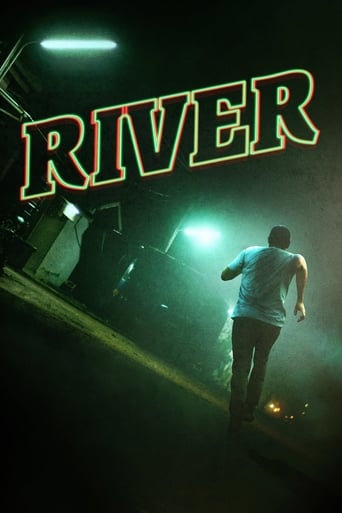



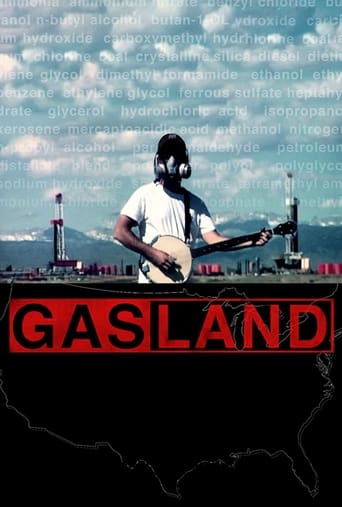







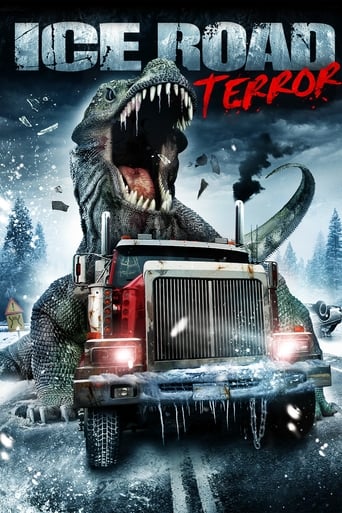

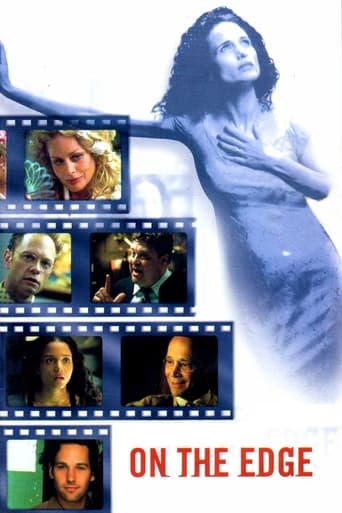














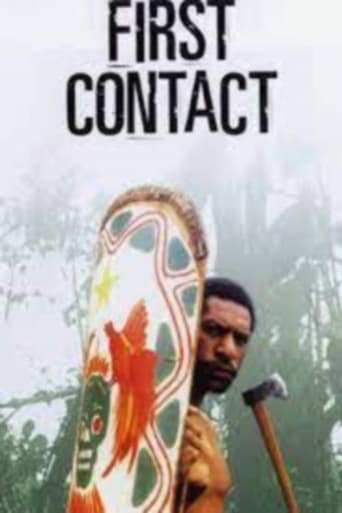

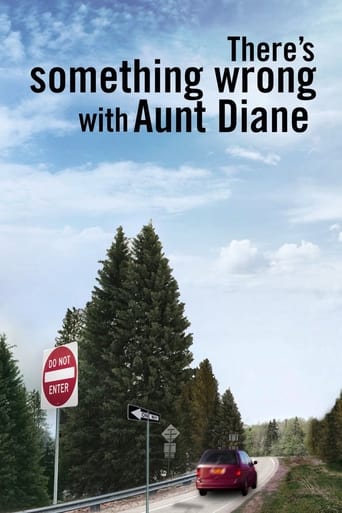
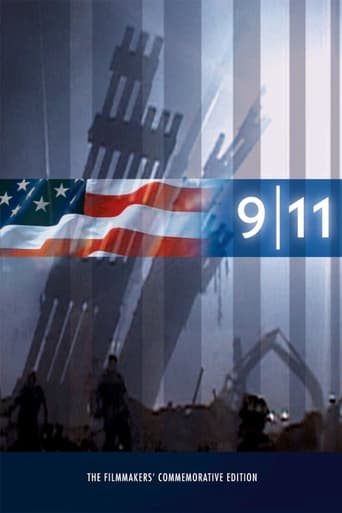

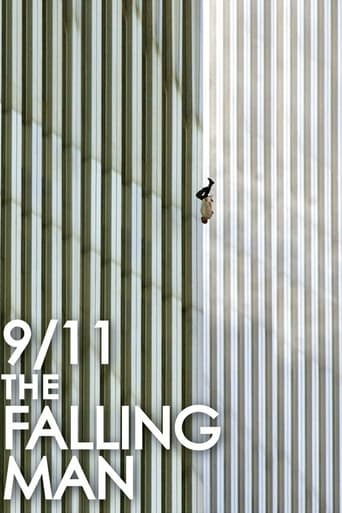
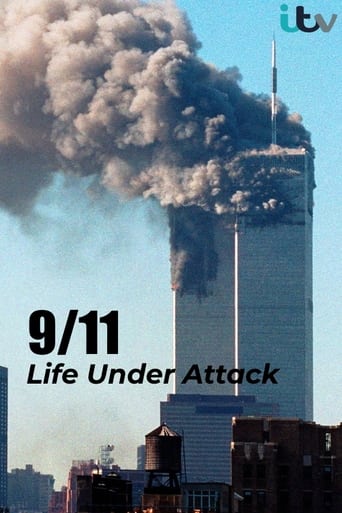
Nanook of the North
This pioneering documentary film depicts the lives of the indigenous Inuit people of Canada's northern Quebec region. Although the production contains some fictional elements, it vividly shows how its resourceful subjects survive in such a harsh climate, revealing how they construct their igloo homes and find food by hunting and fishing. The film also captures the beautiful, if unforgiving, frozen landscape of the Great White North, far removed from conventional civilization.